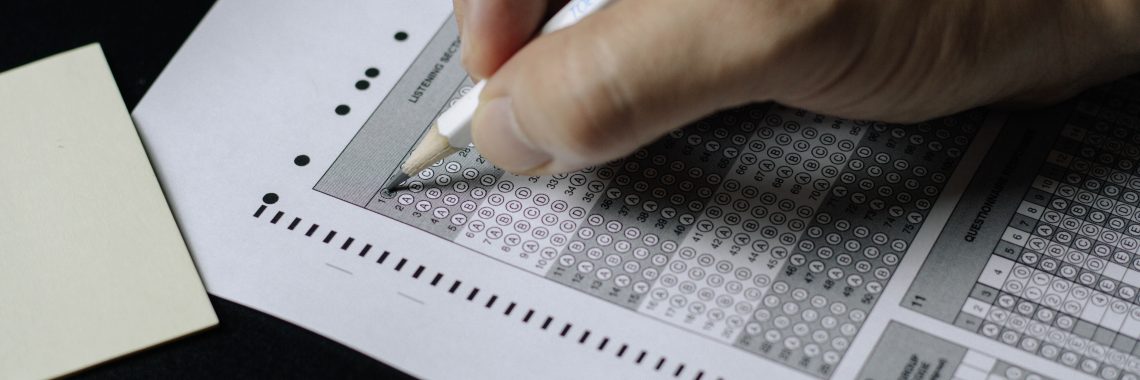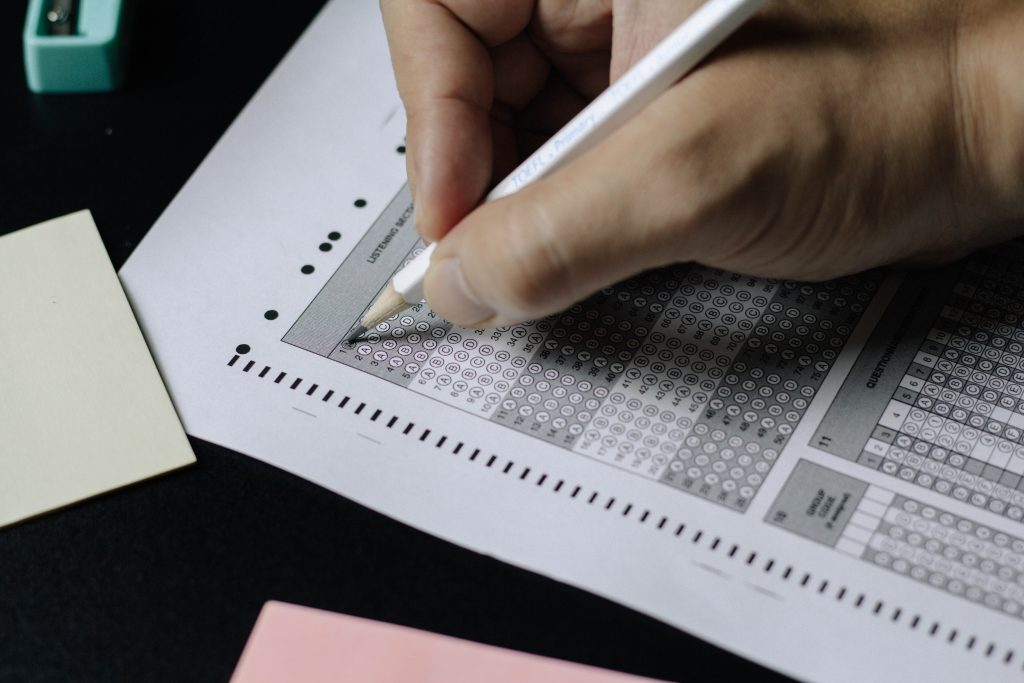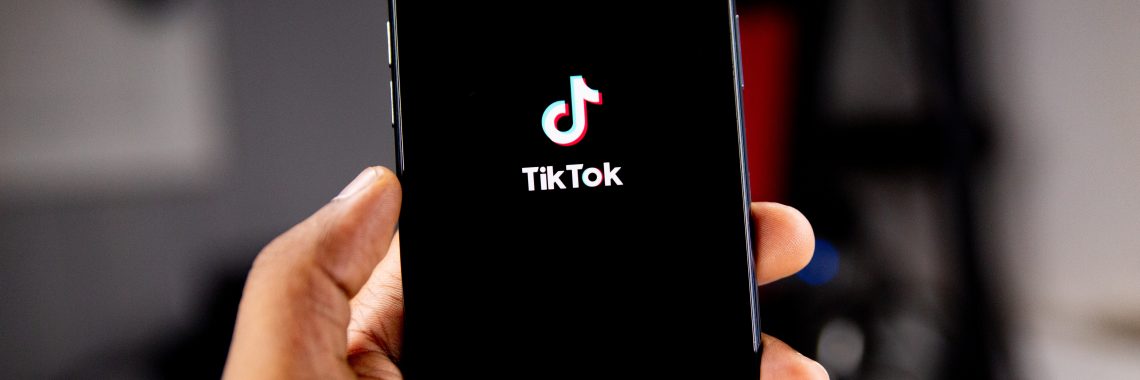Arkansas House Narrowly Passes Bill to Protect Children from Obscenity at Libraries

On Wednesday the Arkansas House of Representatives narrowly passed a bill addressing obscenity and other harmful material in public libraries.
S.B. 81 by Sen. Dan Sullivan (R – Russellville) and Rep. Justin Gonzales (R – Okolona) prohibits giving or sending harmful sexual material to a child.
The bill eliminates exemptions for libraries and schools in the state’s obscenity statute, and it clarifies how library patrons can work to remove objectionable material from a library’s catalog.
On Wednesday, the measure received 56 votes in the Arkansas House of Representatives; it takes 51 votes to pass a bill.
Family Council has heard repeatedly from people who are deeply troubled by obscene children’s books that some librarians have placed on the shelves of their local libraries.
For example, the Jonesboro public library has been at the center of multiple controversies over its decision to place books with sexually-explicit images in its children’s section and for failing to adopt a policy that separates sexual material from children’s content.
The library in Jonesboro went so far as to post on Facebook that it isn’t the library’s responsibility to protect kids from obscenity.
Other public libraries in Arkansas have failed to separate sexual material from children’s material as well.
Some of the people who have testified publicly against S.B. 81 this year have signaled that they want to be free to share obscene material with children at a library.
S.B. 81 is a good bill that will help prevent that.
The Following Representatives Voted For S.B. 81
- Barker
- Beaty Jr.
- Beck
- Bentley
- Breaux
- Brooks
- K. Brown
- M. Brown
- Burkes
- John Carr
- Cavenaugh
- C. Cooper
- Crawford
- Dalby
- Duffield
- Duke
- Eaves
- C. Fite
- L. Fite
- Furman
- Gazaway
- Gonzales
- Gramlich
- Haak
- Hawk
- D. Hodges
- G. Hodges
- Jean
- L. Johnson
- Long
- Lundstrum
- Maddox
- McAlindon
- McCollum
- McGrew
- B. McKenzie
- McNair
- S. Meeks
- Milligan
- Painter
- Pearce
- Pilkington
- Puryear
- Ray
- Richmond
- Rose
- Rye
- Schulz
- R. Scott Richardson
- Steimel
- Tosh
- Underwood
- Unger
- Wing
- Womack
- Wooldridge
The Following Representatives Voted Against S.B. 81
- F. Allen
- S. Berry
- Clowney
- A. Collins
- Ennett
- D. Ferguson
- K. Ferguson
- V. Flowers
- D. Garner
- Hudson
- Lynch
- Magie
- McCullough
- M. McElroy
- Nicks
- Perry
- J. Richardson
- Scott
- T. Shephard
- Springer
- Vaught
- Walker
- Warren
- D. Whitaker
- Wooten
The Following Representatives Voted “Present” on S.B. 81
- Joey Carr
- Cozart
- Evans
- Hollowell
- J. Mayberry
- McClure
- K. Moore
- Watson
The Following Representatives Did Not Vote
- Achor
- Andrews
- M. Berry
- Eubanks
- Fortner
- Holcomb
- Ladyman
- Miller
- J. Moore
- Wardlaw
- Speaker Shepherd





